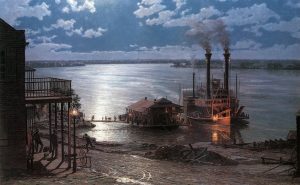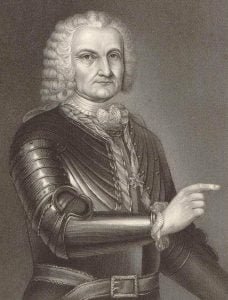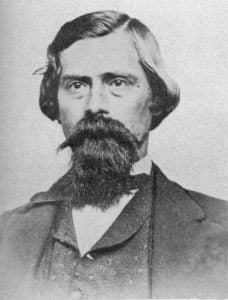New Orleans Sought – Louisiana Bought
“France has cut the knot,” wrote Minister Livingston to Secretary Madison. It is the word of Bonaparte himself, that his first diplomatic act with. Spain had for its object the recovery of Louisiana. His power enabled him easily to outstrip American negotiations, and on the 1st of October, 1800, the Spanish King entered privately into certain agreements by which, on the 21st of March, 1801, Louisiana, vast, but to Spain unremunerative and indefensible, passed secretly into the hands of the First Consul in exchange for the petty Italian “kingdom of Etruria.” When Minister Livingston wrote, in November, 1802, the secret … Read more



